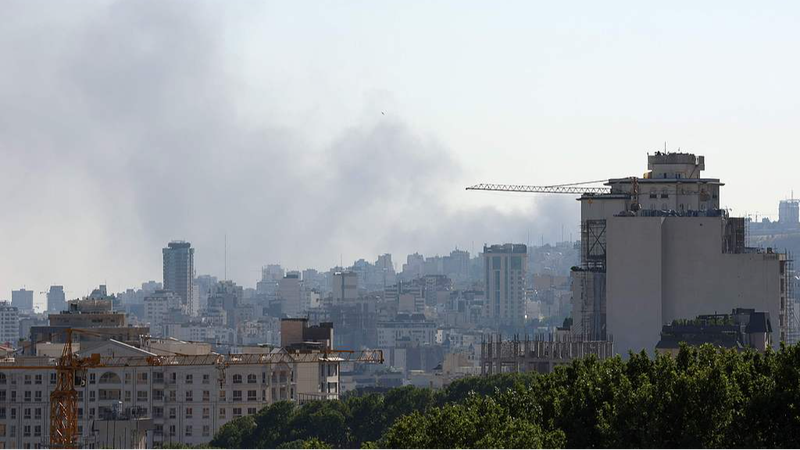In a dramatic turn of events, recent military strikes by Israel against Iran have sent shockwaves far beyond the Middle East. By targeting senior commanders and nuclear scientists, these operations were meant to stifle Iran’s strategic programs—but so far, evidence suggests they’ve had the opposite effect.
Open-source analysts report that Iran’s key nuclear sites remain intact, with no visible damage to centrifuge halls or missile facilities. Instead of sowing fear, the strikes have sparked a surge of national unity in Iran, with citizens rallying around calls for a firm response to what they perceive as an existential threat.
On the diplomatic front, Israeli Prime Minister Benjamin Netanyahu’s hints at regime change—and even direct threats against Iran’s Supreme Leader—have only deepened regional polarization. Experts warn that such rhetoric risks dragging powerful allies into the conflict, making a broader Middle East war more plausible than ever.
The stakes are global. The Persian Gulf, a vital artery for energy exports, is especially vulnerable. Disruptions there could push oil prices sky-high and destabilize economies from Tokyo to Berlin, underlining how quickly a local conflict can trigger worldwide economic ripples.
In Washington, debate is fierce. Former U.S. President Donald Trump praised the strikes as “excellent,” yet his previous “maximum pressure” campaign failed to force Iran to the negotiating table. Critics argue that sanctions and military action alone only harden Tehran’s stance, making future diplomacy even more challenging.
Against this backdrop, multilateral diplomats and human rights advocates are warning that military solutions are both ethically and strategically bankrupt. The human cost—including mounting civilian casualties—adds moral weight to their calls for dialogue. Civil society leaders from Europe to Southeast Asia are urging all parties to embrace regional frameworks and back-channel talks before tensions spiral out of control.
What’s next? Observers say the window for de-escalation is narrow. Success will hinge on sustained, inclusive negotiations that address not just security concerns but also economic and political grievances. Until then, the world watches nervously, aware that in an interconnected age, no crisis stays confined to its origin.
Reference(s):
Israel-Iran strikes risk global chaos: Call for diplomacy grows
cgtn.com




